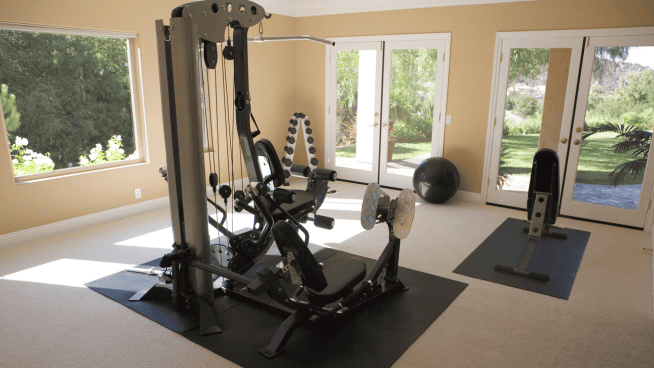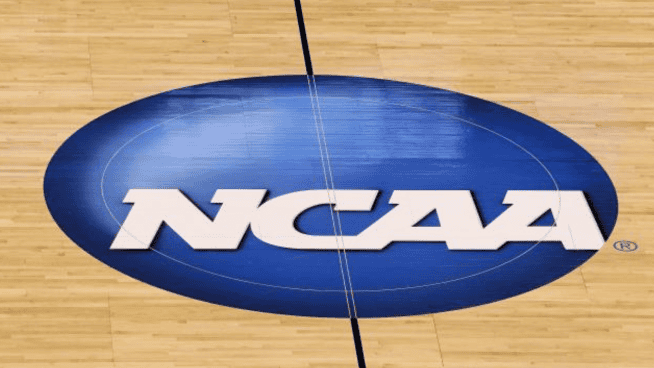Changing Fear Language
How can you help your athletes recognize and change their fear language?
And no, this doesn’t mean becoming their second coach. Just be there. Be their loyal observer and number one fan.
Many factors go into a young athlete’s performance on game day. Some athletes are overtaken by comparing themselves to other players. Some may not be interested enough to reach a level of excitement to perform. Some may be overly anxious and fearful of making a mistake which causes a lack of participation.
Talk to your athlete before their big game day. Ask them how they are feeling. Have a conversation and see where their head is. They just want to impress you, so telling them you are proud of them for getting out there and just TRYING and doing THEIR best are often the words that can be a game-changer (pun-intended).
Tell them you are proud of them more often.
There is a balance between excitement and nervousness that will dictate the outcome of their performance and their level of fear going into it. Too much nervousness can lead to a sense of overwhelming emotions and results in a lack of performance. So, how can you help them find their balance to perform well and have fun doing it.
First, help them harness their fear. We are talking psychological fear. This is often based off of how the athlete perceives the level of importance based on their personal performance and how they believe others may react to it. They fear the consequences of a poor performance before it even happens. Which as you may guess…is a set up for failure.
Control Your Controllables
Repeat after me…“Control your controllables” and then repeat to your kids “ Control your controllables.” Teach them to focus on themselves and become adaptable to everything else outside of them.
Let’s face it, we are reactive humans and we like winning and especially, watching our kids win. BUT if it ends in a loss, check yourself- hold it in and DON’T react. A nice big hug after a game win or lose will do.
It’s important to be aware of your involvement. Knowing when to grasp on and when to let go. Overzealous reactions tend to happen when parents begin living vicariously through their kids. Be aware and careful where you stand with this.
Every athlete is different and their needs are unique. It takes a conversation to figure out the best way, to begin with harnessing their beliefs, thoughts, and emotions for success. This is something our RISE Olympian Mentors are experts in.
They want success for themselves just as bad as you want it for them. A little push here and there is great, but let them find it, let them want it.
**( there are instances where a reaction may be necessary, such as an act of poor sportsmanship or disrespecting a player, coach, or ref.)
If you as a parent have your own past athletic experiences to share and instill in your kids in a positive, empowering way, do it! However, don’t force it. Mention your background briefly and allow them to ask you more questions. As a parent, kids like hearing advice from anyone but you. This stings, as you are the one who wants to share with them the most. Fortunately, that’s what a mentor can offer. A positive outside influence.
Sharing real-life scenarios and shared experiences growing up as young athletes will show your athletes facing the fears of competing is very normal and it can be overcome with the proper mindset training and self- talk techniques early on.
Orginal Article Posted On RISE
RISE Athletes are the leaders in youth athlete mentorship, with world-class Professional and Olympic level athletes mentoring the next generation to create strong mindsets and healthy mentalities. Your athlete can find the support they need, at rise-athletes.com.










